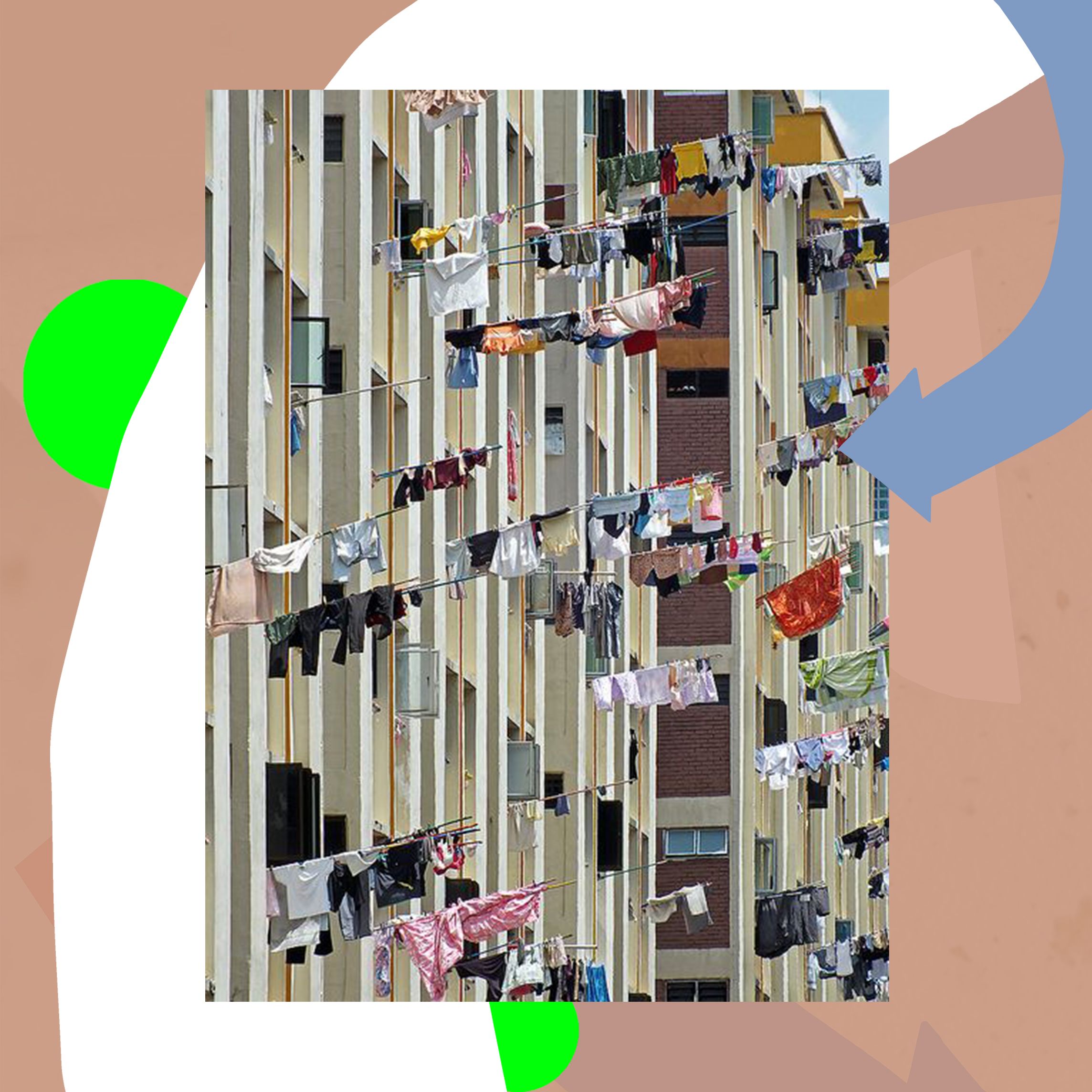Earth Day 2022: UAL leads practical action on climate change

- Written byCat Cooper
- Published date 14 April 2022

- Climate Emergency Network hosts climate activists, influencers and creative and cultural industry leaders across London on Earth Day
- Integrating climate, racial and social justice in art and design higher education through an ambitious Climate Action Plan
- UAL teaching, research and Knowledge Exchange create new knowledge around alternative systems and tackling climate issues
University of the Arts London (UAL) and guests from the creative and cultural industries are uniting this Earth Day (22 April) to progress practical and creative leadership on climate change.
Over Earth Day and Earth Night, UAL Climate Emergency Network presents #Appetite4Justice: a series of collective experiences in the name of social and ecological justice. Staff and students will be joined by external guests from the creative and cultural sectors, all coming to the table to transform our culture and plot new ways forward, after more than half a century of Earth Days with too little climate and ecological action.
Tables will be hosted by the UAL community, alumni and guests across UAL’s London sites where ideas can be shared, justice defined and fought for, collective action planned and where ritual, ceremony and the unexpected are welcome. All 6 UAL canteens will be serving an entirely plant-based menu to mark Earth Day. As the daytime activity wraps up, the theme continues with an Earth Night takeover of the Central Saint Martins Platform Bar with a programme celebrating nature and creative action, while fundraising to support the Disasters Emergency Committee’s Ukraine Humanitarian Appeal.
Building on over a decade of progress on sustainability, UAL is working to deliver an ambitious Climate Action Plan launched during COP26 on top of a commitment to Net Zero by 2040. The plan confronts climate justice: acknowledging the role of political-economic systems in accelerating climate change and its unequal impact on people around the world. It focuses on pledges across 4 key strands: academic discourse and action learning; governance and policies; co-designing a climate justice movement; and ecosystem infrastructure.
A world subject leader in art and design at both undergraduate and postgraduate level, since 2019 sustainability has been a compulsory part of every course across the UAL curriculum, spanning design, fashion, science, performance, media and screen and creative computing. On Earth Day, UAL will consult with students on how elements of the Climate Action Plan can be further embedded in teaching during the next academic year.
A number of UAL research and Knowledge Exchange projects lead on exploring alternative futures and systems that reduce human impact on the planet and interventions that address pressing climate and challenges. UAL’s Social Design Institute and BOP Consulting co-developed the framework for the pioneering Design Economy research platform, on which a report will be published after Earth Day. Led by Design Council, this ongoing programme has developed new evaluation and research methods to capture the environmental and social contribution of design to the UK, in addition to the significant economic value generated by the design workforce.
UAL recently launched the Fashion, Textiles and Technology Institute (FTTI), focused on the delivery of sustainable innovation across the entire fashion and textiles value chain. The Institute is engaging in high-value collaborative research and development to tackle the challenges and opportunities for innovation that the fashion, textiles and technology industry and adjacent sectors are seeking to urgently address, including achieving a sustainable and circular economy.
UAL students and academics are building a dye garden at Stave Hill Ecological Park in East London. The aim of this initiative is to encourage the local community to learn about the processes of growing fruit and vegetables that can be used to dye textiles, and how those practices can help to maintain the park's natural elements. As part of this project, UAL's Centre for Circular Design will be running workshops open to UAL students and local residents.
In September 2022, UAL’s Central Saint Martins will welcome its first students on MA Regenerative Design, a pioneering new Masters degree that transitions from sustainable and circular design thinking towards a new culture of repair, to restore and replenish what human activities have radically deteriorated.